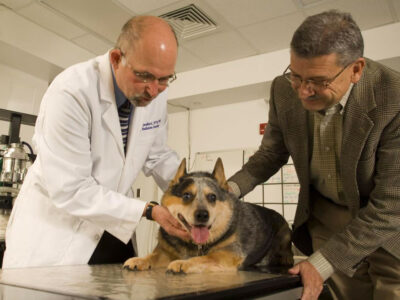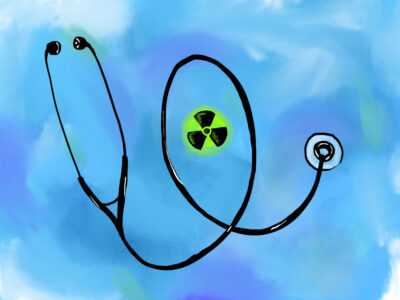Professional societies are implementing measures to limit transmission of SARS-CoV-2 at conferences, as oncology groups reconvene in-person annual meetings for the first time since early 2020. The American Society of Clinical Oncology will require proof of vaccination, encourage indoor masking, and provide masks onsite—regardless of mandates and regulations—at its upcoming annual meeting June 3-7 in... […]
It’s no secret that cancer center marketing and communications has changed drastically over the past 20 years. With the evolution of consumerism and managed care, the immense growth in scope and scale of cancer center activities and the ever-growing dominance of digital marketing and communications is increasingly integral to the work of cancer center executives as they advance patient care and research and boost the bottom lines of even health systems and parent institutions. The NCI Public Affairs & Marketing Network (PAMN) has been a key player and partner through it all.
In a panel discussion this week, four cancer centers directors described how their experiences as immigrants have shaped their approach to oncology and the U.S. healthcare system.
When a Galapagos tortoise suffering from sarcoma needed help in 1983, zookeepers at the Staten Island Zoo called Mark Dewhirst, DVM, PhD, a young scientist at the University of Arizona who had been conducting clinical trials on dogs using radiotherapy.
Why is the April 21 ODAC different from all the other ODACs? At all other ODACs, a commercial sponsor gets to make a case. On April 21, only FDA’s voice will be heard.
Federal prosecutors earlier this week filed a complaint against the Memphis Methodist health system, taking over a qui tam action initially filed by private whistleblowers, who alleged that Methodist’s six-year arrangement with West Clinic, an oncology private practice, violated the Anti-Kickback Statute and the False Claims Act.
More than 850 children with cancer have been evacuated or are in the process of evacuation from Ukraine, 45 days after a collaboration of international organizations began transporting pediatric cancer patients out of the country.
On March 7, or 11 days into Russia invasion, Mike Morrissey, chief executive of the European Cancer Organisation, approached the society’s board to inquire as to whether they should convene a special network for Ukraine.
Jerome Yates became a cancer doctor during a time when medical oncologists were thought to be what he describes as “the garbage collectors of medicine.”
As a community, we strive for cancer treatment and research that is data-driven, patient-centered, and that meets the highest standards of quality and safety. Yet, as physicians and advocates, we’ve become aware of a situation where these ambitions are not being met.















